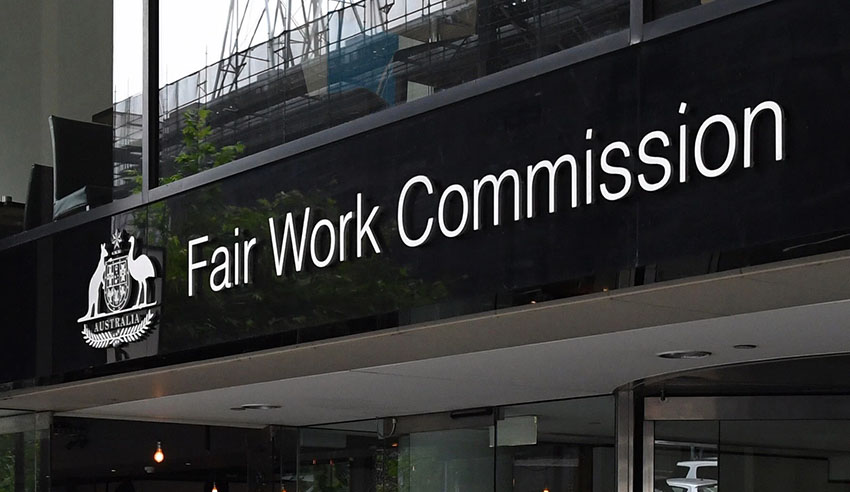Penalty Rates and the Independence of the Fair Work Commission

With the 2019 Federal Election looming and the timely Easter public holidays break now passed, Opposition Leader Bill Shorten has reiterated his pledge to overrule the independent Fair Work Commission’s by reversing its penalty rates decision. This decision came into effect in 2018 and the current ALP policy proposes to interfere with the decision of the independent umpire by undermining the purpose of this statutory body. This has since seen significant pushback from small businesses and doubts have been raised about whether it would even pass the Senate crossbench.
In the past 100 years, statutory bodies such as the Fair Work Commission and the Australian Industrial Relations Commission have been tasked with an independent and non-partisan approach to determining the minimum wage, award conditions and penalty rates.
The establishment of a statutory body and the delegation to an independent umpire reduces the potential to use wages as a political football. Mr Shorten’s proposal would be akin to the government of the day overruling the Reserve Bank of Australia’s independent and economic analysis on setting the cash rate by legislating for lower interest rates. Regardless of one’s belief on the quantitative figure for penalty rates or political views, this sets a precedent on undermining the independence of the Fair Work Commission. If the government decide to ignore the decisions of the independent umpire which was based on extensive economic research, will the Fair Work Commission’s authority and expertise to determine penalty rates be made redundant? Is the Fair Work Commission only allowed to be an independent umpire until it disagrees with the government of the day, at which time it will have its legislative mandate altered?
Visit our article to further explore how overruling the independent umpire is a dangerous precedent.
This content is general in nature and provides a summary of the issues covered. It is not intended to be, nor should it be relied upon, as legal or professional advice for specific employment situations.